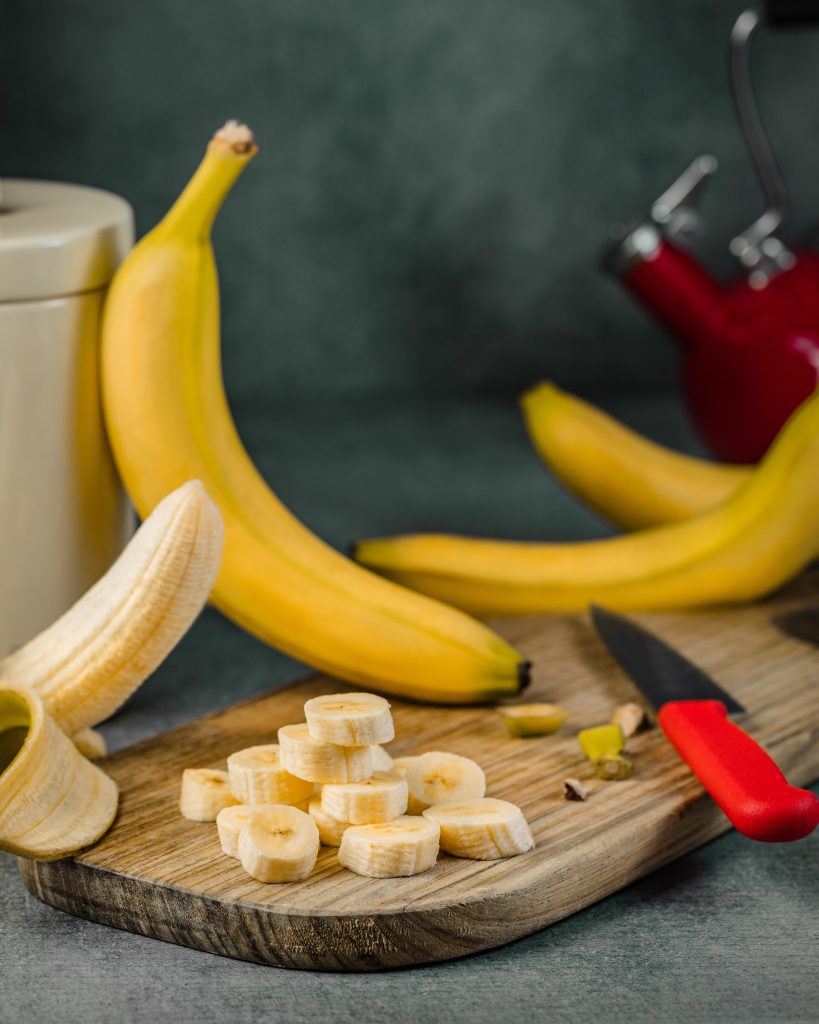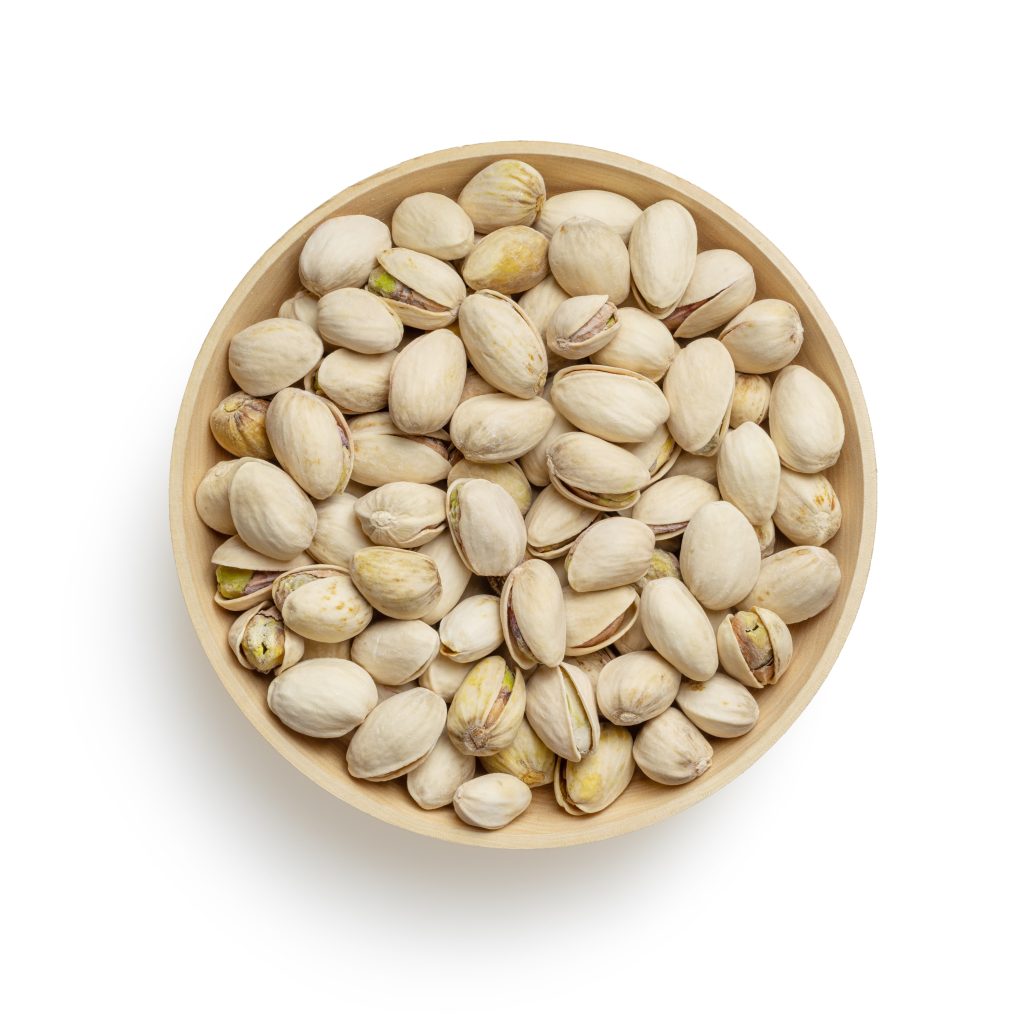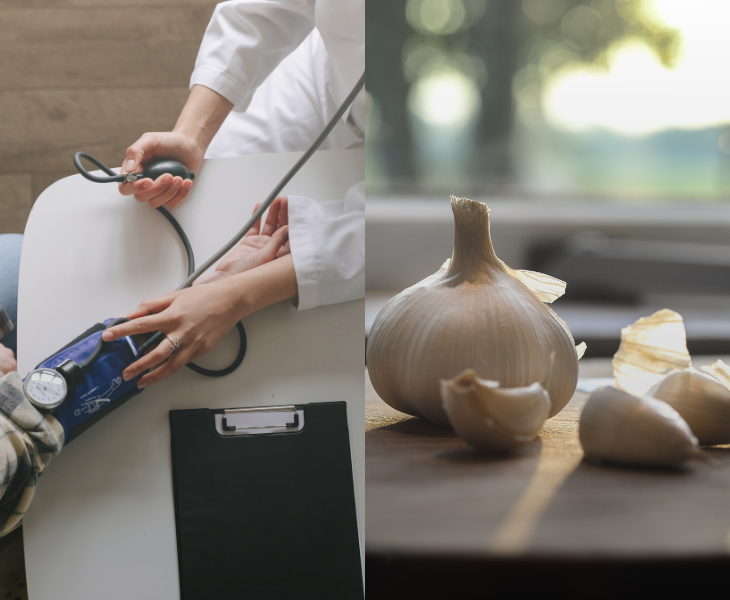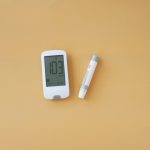Hypertension, or high blood pressure, occurs when the pressure of the blood on the walls of the blood arteries is consistently too high. Throughout the day, your blood pressure will fluctuate based on your level of activity. Heart disease is a possible outcome of consistently elevated blood pressure levels. So what you should do to help lower your blood pressure?
Medications, such as beta-blockers, can help you maintain a healthy blood pressure level. It is possible to reduce the risk of cardiovascular disease and bring blood pressure down to normal by making modifications to one’s diet and way of life. In an effort to help lower your blood pressure, here are seven superfoods to consider eating.
Find out which superfoods are the most effective to help lower your blood pressure.
1. Pomegranate
Pomegranates, which are crimson and round, are one such fruit. The edible seeds, known as arils, are packed tightly within the white pulp on the inside. Antioxidant levels in pomegranates are two- to three times higher than those in green tea and red wine. Cancer is just one of the many diseases that can be avoided with the help of antioxidants, which also reduce inflammation and slow down the aging process.
The blood pressure of people who drank pomegranate juice consistently decreased, according to a review of eight human trials published in 2017.
Related: Reasons Why Pomegranate is an Effective Body Dewormer and Dissolves Kidney Stones
2. Salmon
Because of its high omega-3 fatty acid content, salmon has secured a permanent place on the list of superfoods. Potential health benefits of omega-3 include the alleviation of dry eye clinical disease, reduced blood pressure, decreased risk of heart attacks and stroke, and enhanced mental performance.
Salmon consumption significantly lowers your blood pressure — systolic, diastolic, and mean arterial, according to a 2007 study involving 16 males.
3. Banana

Bananas are a fruit that originated in Southeast Asia and is now grown all over the world in warm areas. A major source of potassium is bananas. Because it helps your body flush out extra sodium and relaxes the walls of your blood vessels, potassium is an essential mineral for maintaining heart health.
Bananas, according to the open-access book IntechOpen, contain a number of bioactive chemicals that make them nutritionally valuable due to their positive effects on human health.
These composites’ antioxidative actions help shield the body from the harmful effects of oxidative stress by regulating blood pressure and the expression of genes involved in cell growth and death.
Related: 26 Amazing Health Benefits of Banana
4. Beets
Beetroots, which are more generally referred to as just beets, are a colorful and adaptable variety of vegetables. They are well-known for the earthy flavor and perfume that they exude. Nitrates, which are found in beetroot, have been shown to lower blood pressure and substantially lessen the likelihood of adverse cardiovascular events.
It has been demonstrated through research that consuming beet juice prior to exercise will boost your cardiorespiratory endurance, so enabling you to exercise for a longer period of time.
5. Amaranth
In Mexico and Central America, amaranth is a native plant. However, it also played an important role in the Aztecs’ cultural and religious practices in addition to being a staple diet. Particularly effective in decreasing cholesterol are plant sterols, also known as phytosterols, which can be found in amaranth. Amaranth’s high potassium level not only protects the cardiovascular system but also helps to keep blood pressure under control.
Amaranth’s fiber and phytonutrients have been shown in several recent research to decrease blood pressure.

6. Pistachios
The pistachio tree’s seeds are known as pistachios. The antioxidants, anti-inflammatory properties, and decreased risk of cardiovascular disease brought on by the unsaturated fats, protein, and fiber found in Pistacia vera tree seeds make them a healthy addition to any diet.
According to a meta-analysis published in 2014, eating pistachios reduces the risk of hypertension, diabetes, heart disease, and death.
7. Garlic
Leeks, chives, onions, shallots, and garlic are all members of the Allium genus. Garlic, when consumed in large quantities, appears to have a beneficial effect on blood pressure. Nitric oxide, which expands blood arteries, is produced more rapidly when garlic is consumed.
A 2019 analysis that involved 12 studies and 553 persons with uncontrolled hypertension combined the available data supporting the effectiveness of garlic in lowering blood pressure.
Related: 13 Medicinal Uses of Garlic
Final Thoughts
The decisions you make in terms of both your diet and your lifestyle can have a substantial impact, both positively and negatively, on your blood pressure. There is no technique to help lower your blood pressure faster in the comfort of one’s own home. In order for a person’s blood pressure to be lowered over time, they need to adhere to a plan that includes diet, activity, and maybe medication.
Taking your own blood pressure reading at home can be beneficial. This is where many people learn they have hypertension. Ask your doctor how frequently you need to check your blood pressure if they have your condition under control. High blood pressure often goes unnoticed, making it all the more crucial to monitor levels regularly.
If you find this helpful, don’t forget to share or let us know in the comments section.









7 thoughts on “7 Superfoods That Will Help Lower Your Blood Pressure”